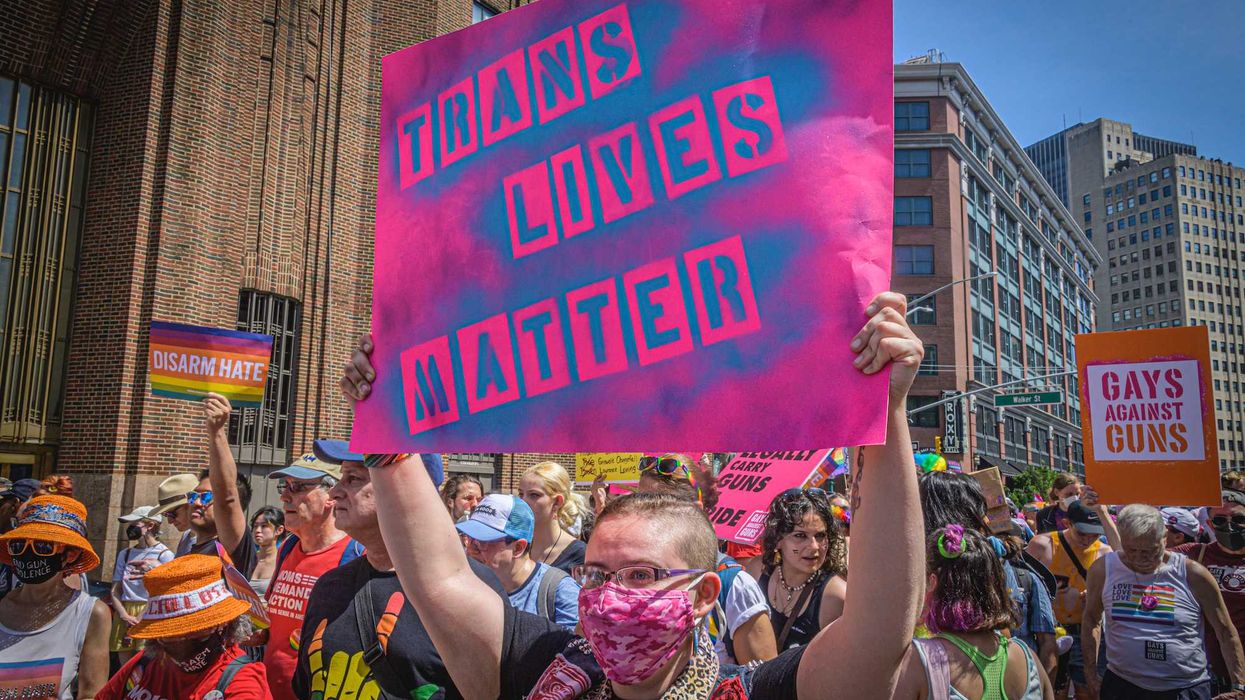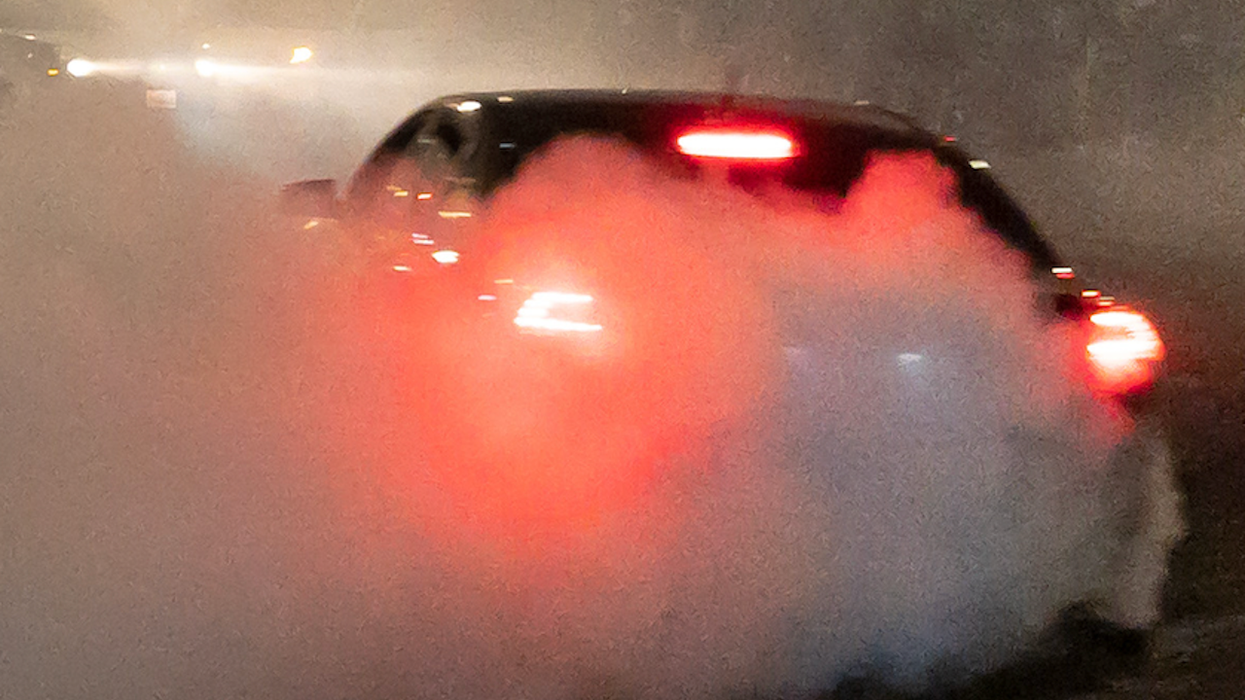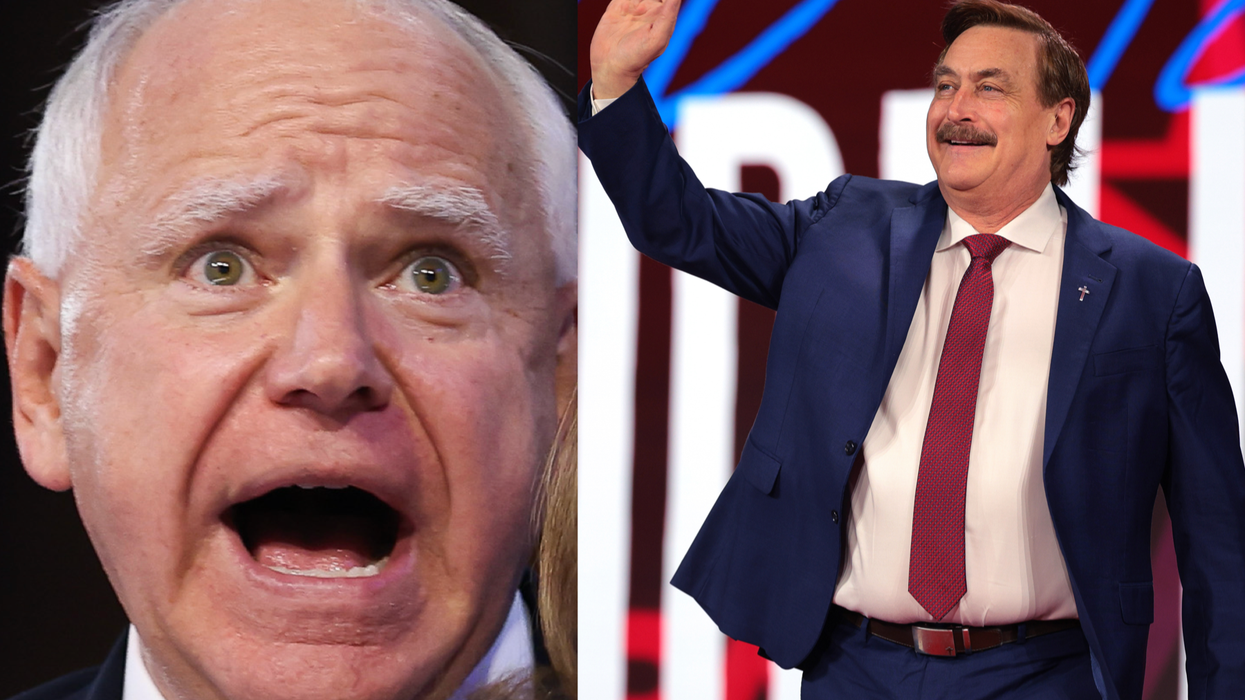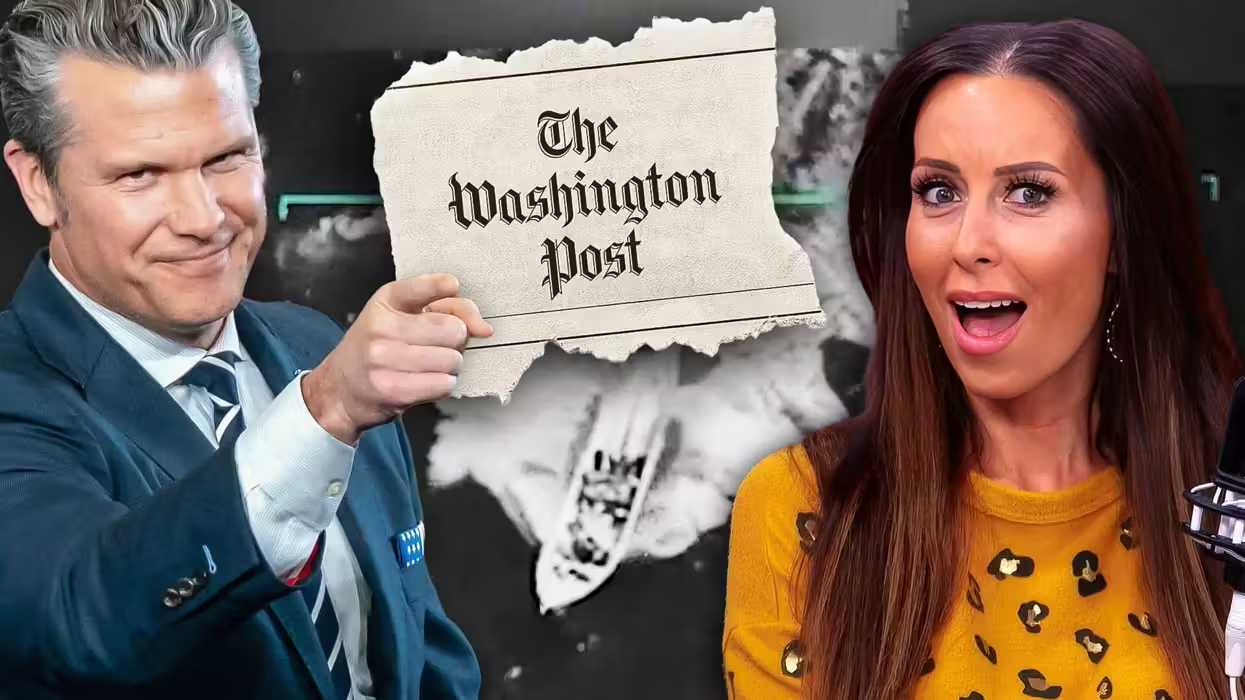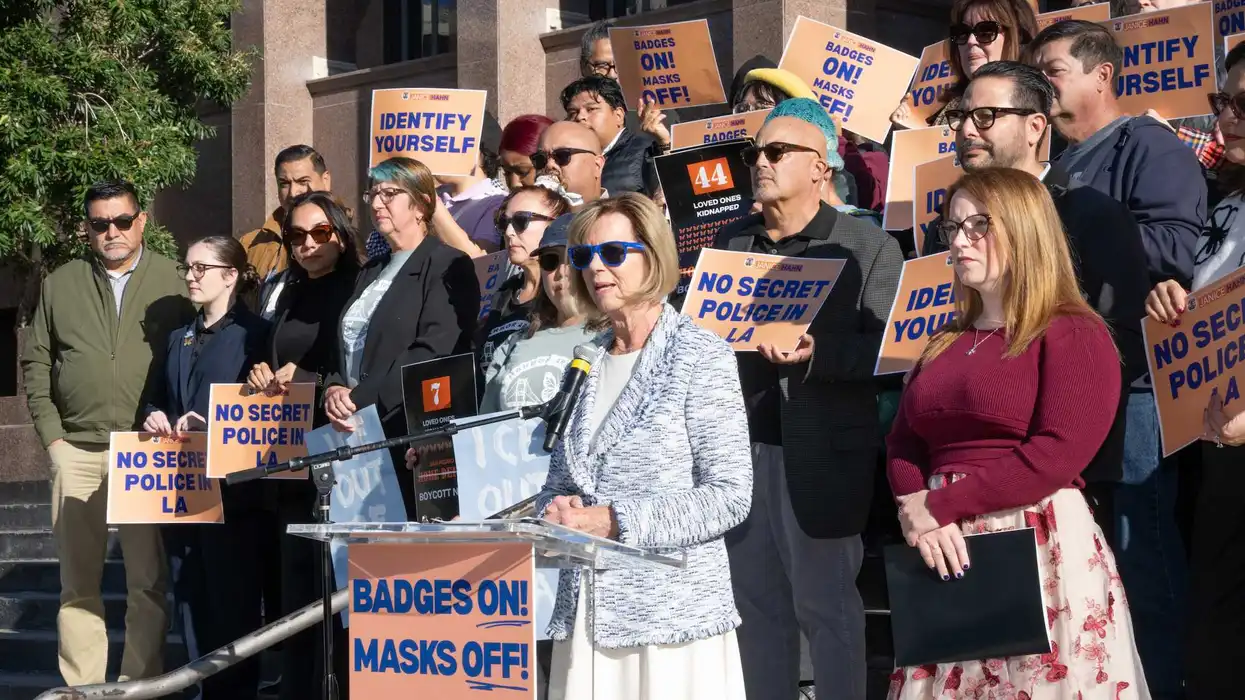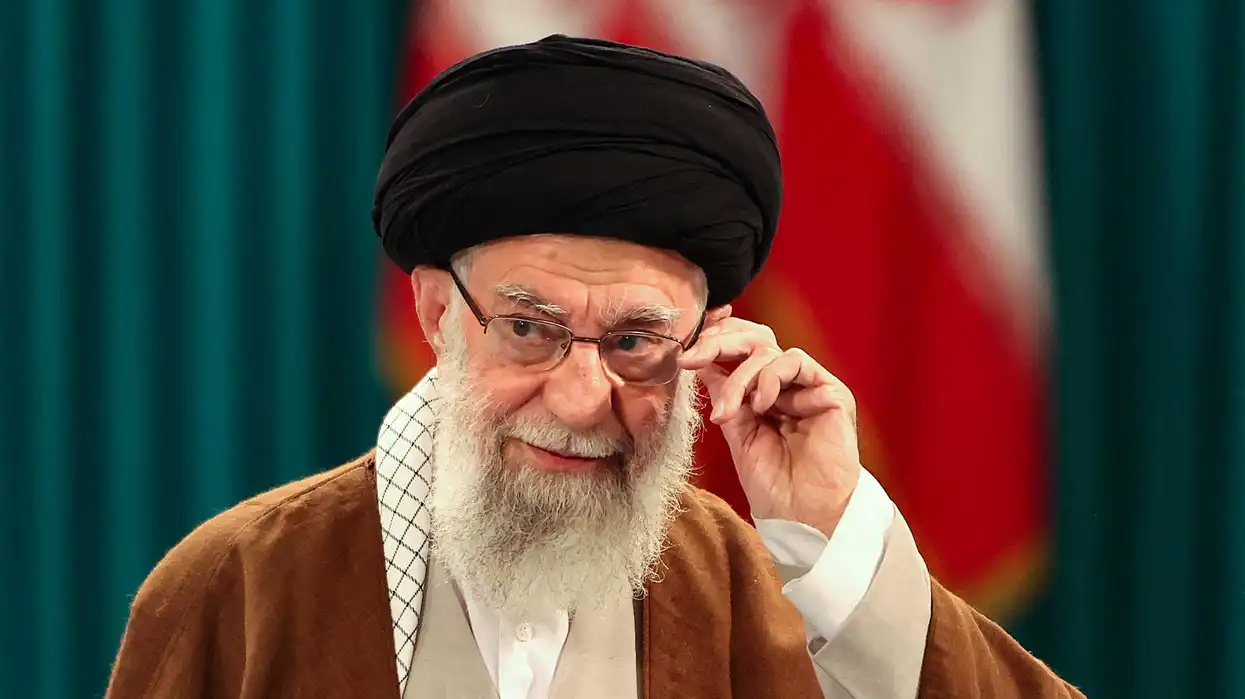I'm not here to defend the looting of a Target or the burning down of local businesses and police precincts. We can most likely agree that those are bad outcomes, and that the visuals coming out of Minneapolis are tragic.
With that said, it must be acknowledged that such things don't happen for no reason, and no matter how abhorrent these demonstrations are to you, it's important to pursue understanding of why they are occurring, what is being sought, and how they can be avoided in the future.
"I think America must see that riots do not develop out of thin air," Dr. Martin Luther King Jr. said in 1967. "Certain conditions continue to exist in our society which must be condemned as vigorously as we condemn riots. But in the final analysis, a riot is the language of the unheard. And what is it that America has failed to hear?"
In a more perfect world, we would have no riots. In a more perfect world, social and racial justice would be pursued, and grievances would be resolved, through peaceful, legal actions.
In our imperfect world, however, some grievances don't seem to be getting resolved. In our imperfect world, we see agents of the state killing people without justification, in plain sight. We see the responsible parties absolved of their crimes, repeatedly. Peaceful protests are often met with inaction. In this imperfect world, one might come to understand why some choose not to peacefully protest in vain, forever, as injustice occurs and reoccurs.
It's not that all, or even most, police shootings are unjustified. But when they are unjustified, or when their justifications are at least questionable, accountability is lacking. This is the message being conveyed by these unheard people, and it must be dealt with, regardless of whether you find their language objectionable.
Some, unfortunately, will again use these riots to conclude that black people are simply a violent, unruly, and self-destructive bunch. It may be more comfortable to point to rioters and say "See, look at the wrong they are doing" than it is to look at a murderous police officer and say "See, look at the wrong he, and many like him, have done to them."
But as you condemn the riots, are you asking yourself why people are rioting in 2020 for the same reasons they rioted back in 2014, when Mike Brown was killed by a police officer in Ferguson, Missouri? And the same reasons they rioted in the 1960s? What has America still failed to hear over the years?
"It has failed to hear that the plight of the negro poor has worsened over the last few years," King continued. "It has failed to hear that the promises of freedom and justice have not been met. And it has failed to hear that large segments of white society are more concerned about tranquility and status quo than about justice, equality, and humanity."
The promises of freedom and justice. George Floyd was denied justice. As was Ahmaud Arbery. As was Breonna Taylor. No amount of digging into their pasts will make what happened to them any more just. They were robbed of their very humanity.
Even after their deaths, justice is not guaranteed. When charges only get filed months after the fact, after enough outrage is stirred, is that real justice? When a nonviolent, unarmed man is slowly killed in the street on camera, and it's unclear whether there will be any consequences, is that justice?
Whether you believe it to be right or wrong, people who feel they have been robbed of the rights and protections that have been promised to them will eventually respond with aggression.
People who feel that the government, which purports to protect them, is actually weaponized against them and will not continue to respect that government's laws. Many people who are quite unsympathetic toward social or racial justice riots can readily understand this concept when the government forced their businesses to close down and attempted to shut them in their homes due to a pandemic.
"And so in a real sense, our nation's summers of riots are caused by our nation's winters of delay," said King. "And as long as America postpones justice, we stand in the position of having these recurrences of violence and riots over and over again. Social justice and progress are the absolute guarantors of riot prevention."
What does postponed justice look like? It might look like Kenneth Walker being quickly charged with attempted murder for shooting at plainclothes police officers who burst into his home on a no-knock raid in the middle of the night, while the officer who killed George Floyd in broad daylight remains free, and might not even be charged with a crime.
You can oppose the riots. That's reasonable. But the most productive way to oppose and end riots is to understand and address the reasons for them, thereby preventing their reoccurrence. If we choose not to do that, we'll see this scene over and over again in the years to come.


